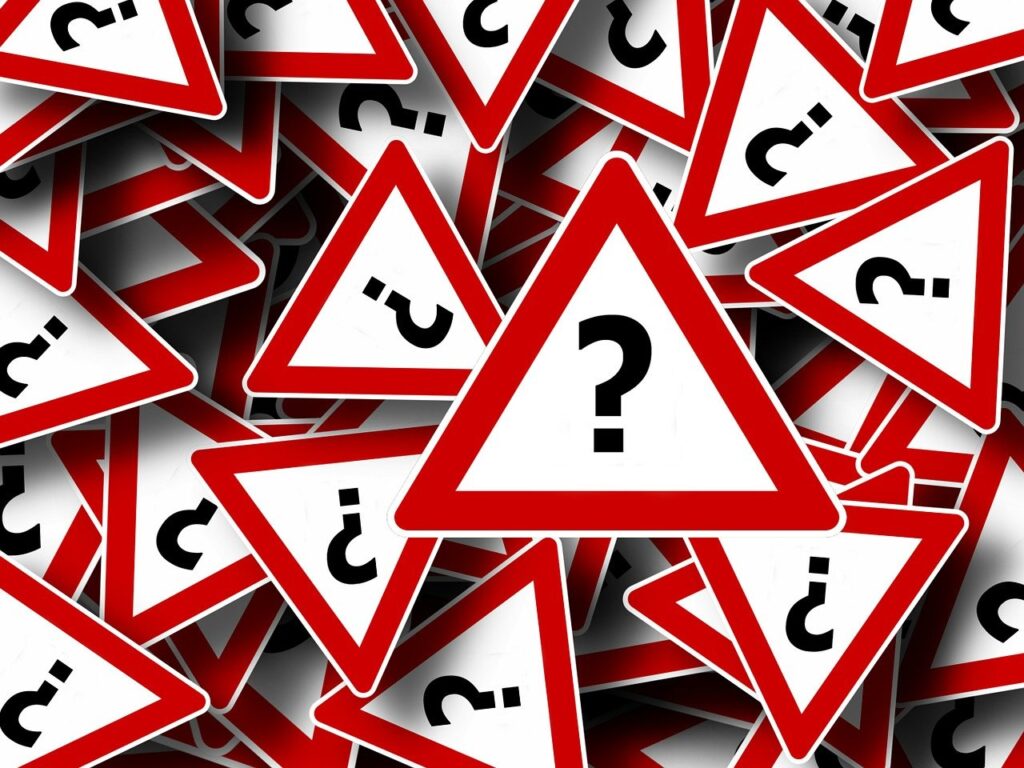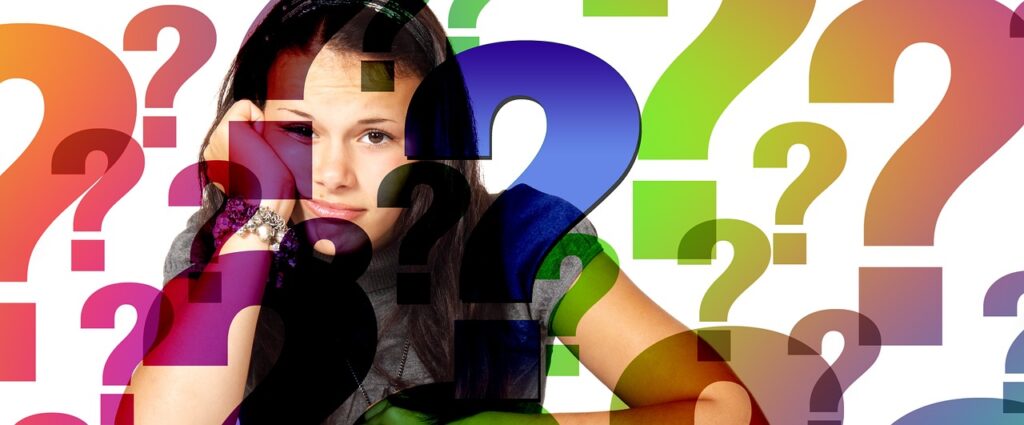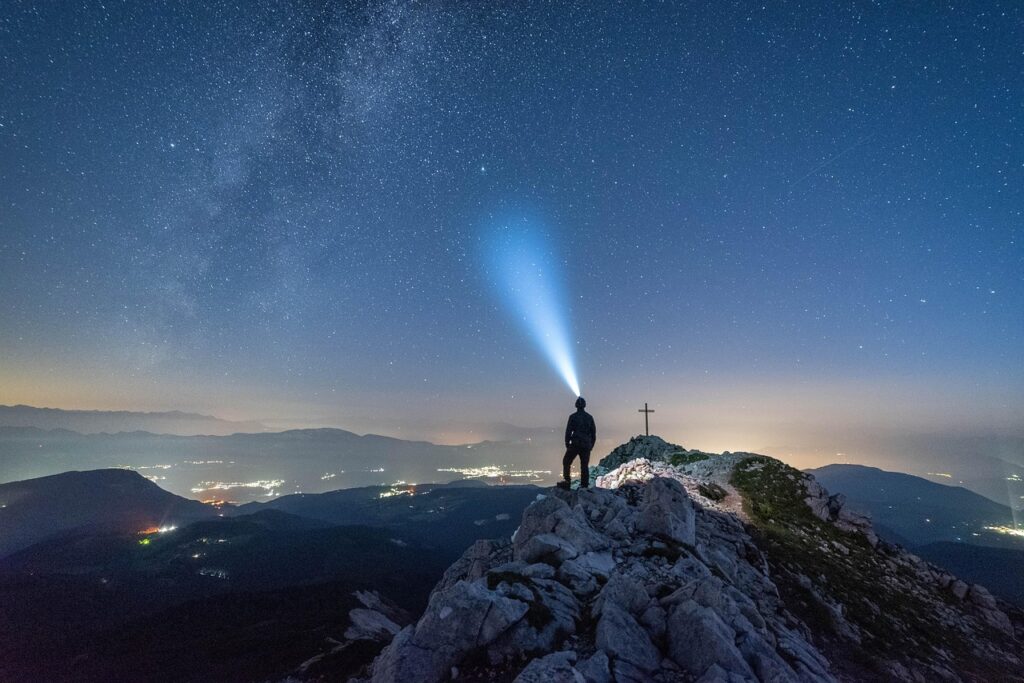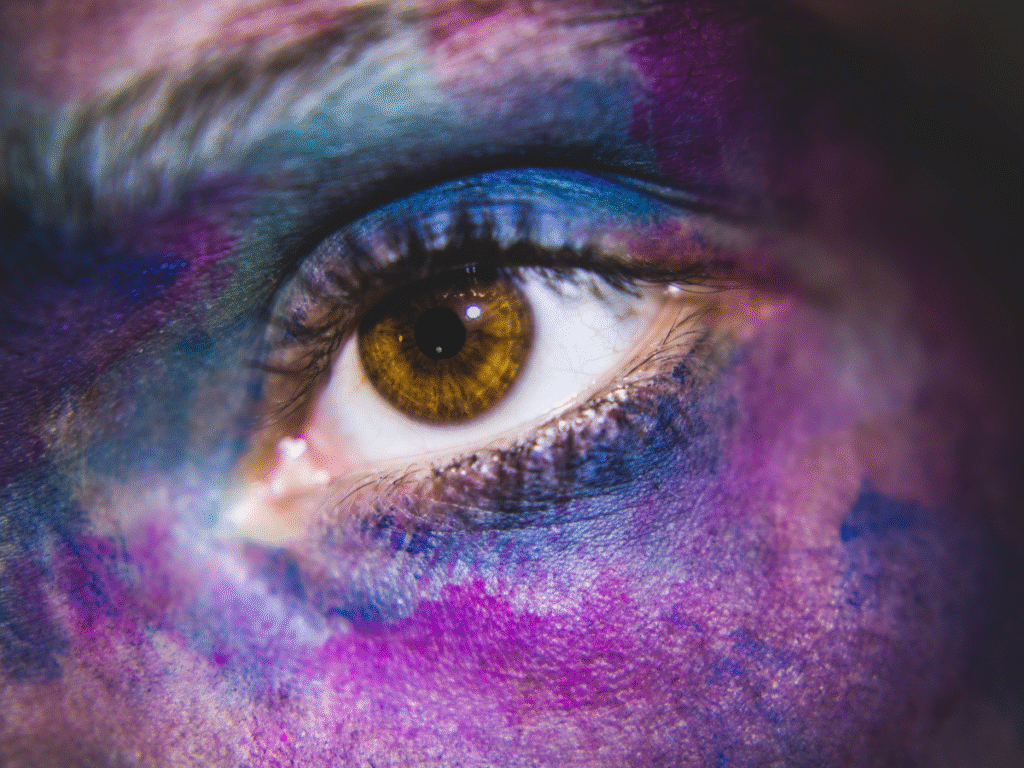Is Astrology Scientifically Proven? For centuries, astrology has fascinated humanity — from ancient civilizations who studied the heavens for divine messages to modern-day individuals checking daily horoscopes for guidance. But with all this fascination comes one burning question: is astrology scientifically proven?
In today’s world of data and evidence, astrology often finds itself caught between faith and skepticism. Some dismiss it as pseudoscience, while others swear by its uncanny accuracy. So what’s the real story? Let’s explore the origins, principles, science, and psychology behind astrology — and find out where the stars truly stand.
🌌 What Exactly Is Astrology?
Astrology is the study of how the positions and movements of celestial bodies — the Sun, Moon, planets, and stars — might influence human behavior, events, and natural patterns on Earth.
At its heart, astrology suggests that:
“As above, so below — the macrocosm of the universe reflects the microcosm of human life.”
This means that the energy patterns in the cosmos mirror those in our lives. For example:
- Aries season sparks motivation and new beginnings.
- Mercury retrograde often brings miscommunication and delays.
- A full moon might heighten emotions and intuition.
Astrology’s foundation is not random — it’s a symbolic system based on centuries of observation and interpretation. But does symbolism mean science? That’s where the debate begins, Is Astrology Scientifically Proven?

🕰️ The Ancient Roots of Astrology
Astrology is one of the oldest known systems of human understanding, dating back over 4,000 years.
- Babylonians (Mesopotamia) were the first to track planetary movements, associating celestial events with earthly happenings.
- Ancient Egyptians refined the system, connecting it with spiritual transformation.
- Greeks — especially scholars like Ptolemy — developed the zodiac signs and planetary rulerships we still use today.
- In India, Vedic astrology (Jyotish) evolved independently and remains one of the most precise astrological systems in use.
- Chinese astrology followed a different route, based on lunar cycles and animal symbolism.
For ancient people, the sky was not separate from life — it was a divine clock guiding agriculture, politics, weather, and destiny.
🧬 The Scientific Viewpoint: Why Astrology Isn’t “Proven”
Let’s be clear — modern science doesn’t recognize astrology as a proven discipline. Here’s why:
1. Lack of Empirical Evidence
Scientific methods require repeatable, measurable results. Astrology deals with symbolic patterns that don’t fit neatly into lab testing.
For instance:
- Two people born on the same day might lead completely different lives.
- Controlled studies often fail to show consistent correlations between zodiac traits and behavior.
2. The Forer (Barnum) Effect
Psychologists found that people tend to believe vague, general statements apply specifically to them — a cognitive bias known as the Forer effect.
This explains why horoscopes feel accurate: they use universally relatable language (“You’re seeking balance in your relationships”) that almost anyone could agree with.
3. Astronomical Inconsistencies
Due to the Earth’s axial precession (a slow wobble over 26,000 years), the constellations have shifted. This means that the traditional zodiac signs no longer align perfectly with their original constellations — creating confusion between astrology (a symbolic system) and astronomy (a physical science).

💫 But Wait — There Is a Deeper Kind of Evidence
Although astrology isn’t scientifically proven, it still holds psychological, cultural, and spiritual significance — forms of truth that don’t require laboratory validation.
1. Pattern Recognition & Symbolism
Humans are natural pattern seekers. Astrology gives language to patterns in our lives — the cycles of beginnings, endings, and growth. It doesn’t predict the future literally; it mirrors inner rhythms and emotional seasons.
2. Self-Awareness and Reflection
Astrology encourages self-exploration. By studying your birth chart, you might gain insight into:
- Your emotional needs (Moon)
- Your communication style (Mercury)
- Your ambitions (Mars)
- Your love patterns (Venus)
This reflective process resembles modern psychology — using archetypes to understand identity and Is Astrology Scientifically Proven?
3. Cultural Continuity
Astrology bridges ancient wisdom and modern mindfulness. It’s not about “proving” stars control us; it’s about seeing ourselves as connected to the universe — something deeply human and timeless.
🧠 The Psychology Behind Believing in Astrology
If astrology isn’t “scientific,” why do millions believe in it — and why does it often feel accurate?
1. Cognitive Comfort
Astrology gives people a sense of order in a chaotic world. When life feels uncertain, aligning with cosmic patterns offers stability — a feeling that there’s meaning behind events.
2. Identity & Belonging
Your zodiac sign can act like a personality tribe — a way to connect, laugh, and relate. “Oh, you’re a Leo? That makes sense!” gives instant social bonding.
3. Narrative Psychology

We’re storytelling beings. Astrology helps craft a personal narrative — who we are, where we’ve been, and what we’re becoming.
Even if not scientifically verifiable, it helps people navigate emotions and choices more consciously.
🔬 Studies That Tried to Test Astrology
A few famous experiments have attempted to measure astrology’s accuracy:
• The Carlson Double-Blind Test (1985)
Shawn Carlson conducted one of the most cited studies in Nature.
Astrologers tried to match natal charts to personality profiles of volunteers. The success rate was no better than chance — leading scientists to label astrology “unproven.”
• Michel Gauquelin’s “Mars Effect”
French psychologist Michel Gauquelin found a potential correlation between Mars placements and athletic success.
However, results were debated and could not be consistently replicated — though they remain intriguing.
• Personality Studies
Multiple surveys found people often align with traits of their sign — but they also align with any sign when the descriptions are flattering. This reinforces that astrology is subjectively true, not scientifically.
🌠 The Modern Evolution of Astrology
Despite skepticism, astrology isn’t fading — it’s thriving.
From TikTok trends to full moon rituals, millennials and Gen Z have revived astrology as a language of energy and empowerment.
Why It’s Growing Again:
- Technology makes chart readings accessible.
- Mental health culture values self-reflection tools.
- Collective uncertainty (pandemics, climate change, etc.) makes cosmic guidance comforting.
In this context, astrology becomes less about “proving” planets control fate — and more about using symbolic awareness for personal growth.
🌞 Science vs. Symbolism: Can They Coexist?
Yes — if we understand that science and spirituality serve different purposes.
| Science | Astrology |
|---|---|
| Explains how the universe works. | Explains why experiences feel meaningful. |
| Based on observation, testing, and logic. | Based on symbolism, intuition, and archetypes. |
| Objective knowledge. | Subjective insight. |
| Studies matter and energy. | Studies meaning and consciousness. |
Rather than opposing each other, they complement different dimensions of truth.
“Astrology is not about predicting the future — it’s about revealing potential.”
— Anonymous astrologer
🪐 What the Stars Can Teach Us (Even Without Proof)
Even if astrology isn’t “scientifically proven,” it offers timeless wisdom:
- Everything is connected. The sky reflects patterns of life.
- Cycles matter. Growth, rest, renewal — all follow cosmic timing.
- Self-knowledge is power. Understanding your chart helps you live consciously.
- Intuition has value. Not all truths can be measured — some must be felt.
So, while science studies the universe from the outside, astrology invites you to experience it from within.
🌙 Conclusion: Between Science and Soul
Is astrology scientifically proven? No — at least not by traditional methods.
But is it meaningless? Absolutely not.
Astrology bridges the gap between cosmic mystery and human meaning. It may not explain how the planets affect us, but it beautifully expresses why we seek connection, guidance, and purpose.
In the end, whether you see astrology as a science, art, or spiritual tool — its power lies in what it awakens in you.
Because sometimes, the most important truths aren’t the ones we can measure, but the ones we feel written in the stars.

❓ FAQ Section
1. Is there any proof that astrology works?
No conclusive scientific proof exists. However, many find it personally meaningful as a reflective and spiritual tool.
2. Why do so many people believe in astrology?
Because it provides comfort, insight, and a sense of connection. Astrology resonates emotionally and psychologically, even if not scientifically.
3. What’s the difference between astrology and astronomy?
Astronomy is the scientific study of celestial bodies; astrology interprets their symbolic influence on human life.
4. Can astrology predict the future?
Not literally. It shows patterns and potential energies — helping you make conscious choices rather than fixed predictions.
5. Should I believe in astrology?
That’s entirely personal. You don’t need to “believe” to benefit from its insights. Take what resonates — and leave what doesn’t.

